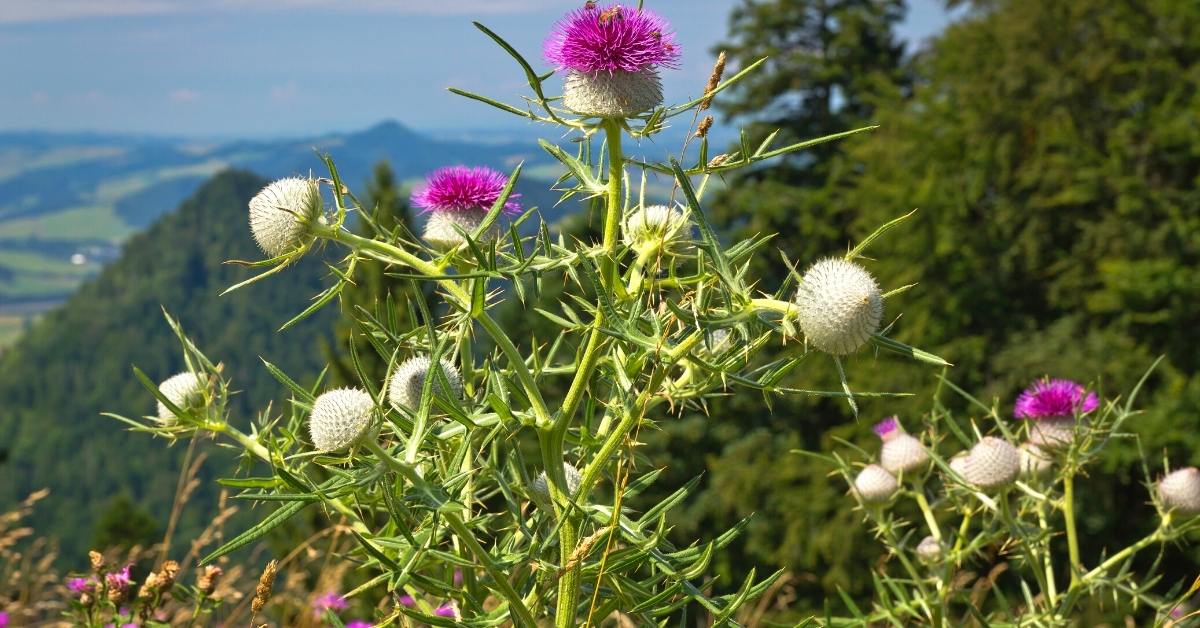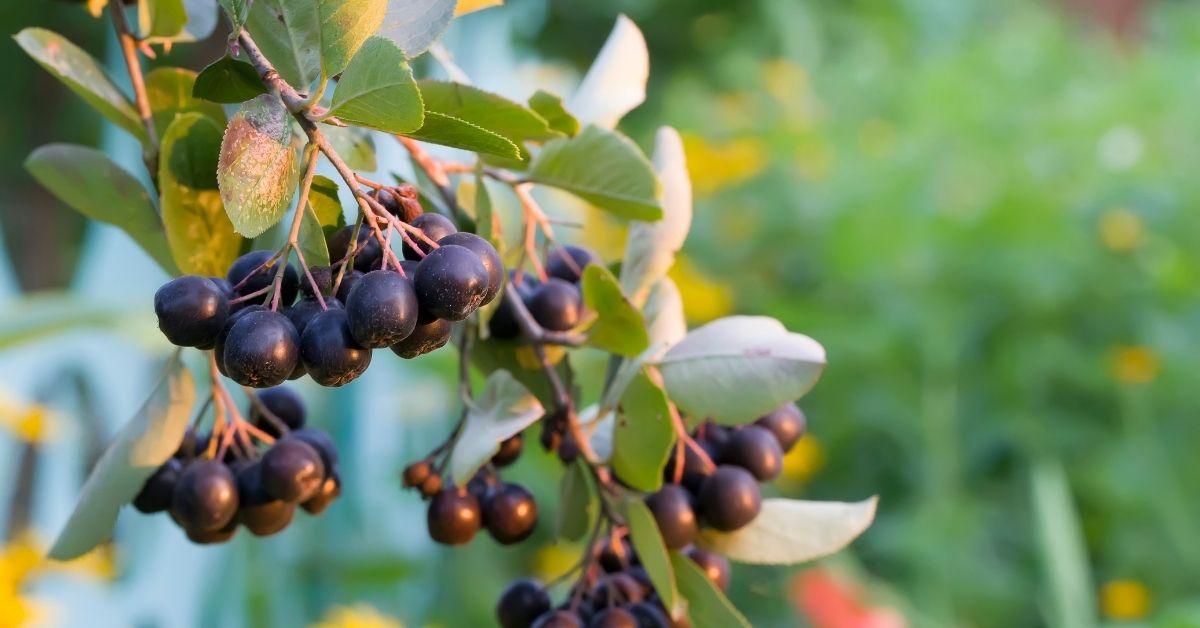Discover the numerous health and well-being benefits of organic gardening for seniors. Learn how this fulfilling hobby can improve physical, mental, and emotional health, providing a holistic approach to aging gracefully.
Organic gardening is an enriching and fulfilling activity that can offer numerous benefits, particularly for seniors. In this article, we will explore how organic gardening can benefit seniors’ health and well-being. From physical fitness to mental clarity, gardening provides a holistic approach to maintaining a healthy lifestyle in the golden years.
Physical Health Benefits
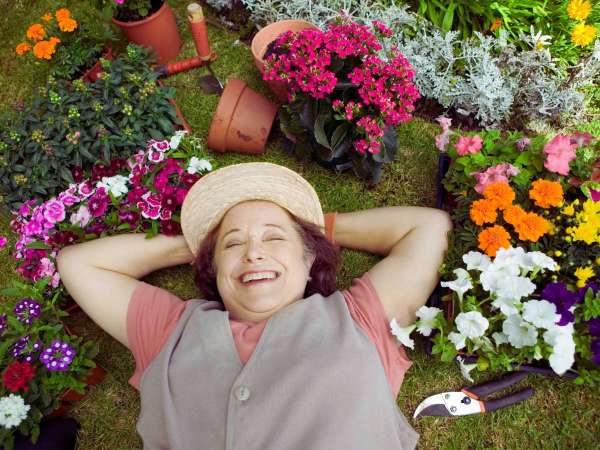
Improved Cardiovascular Health
Engaging in organic gardening activities such as digging, planting, weeding, and watering can provide a moderate level of physical exercise. This physical activity helps to improve cardiovascular health by increasing heart rate and promoting better blood circulation. Regular gardening can reduce the risk of heart diseases, lower blood pressure, and improve overall heart health.
Enhanced Strength and Flexibility
Gardening involves various movements that can help improve strength, flexibility, and coordination. Seniors can benefit from the low-impact exercise provided by activities like lifting pots, stretching to prune plants, or kneeling to plant seeds. These activities help maintain muscle strength, improve joint flexibility, and reduce the risk of falls and injuries.
Better Immune System
Spending time outdoors and engaging in gardening can boost the immune system. Exposure to sunlight helps in the production of Vitamin D, which is essential for a healthy immune response. Additionally, contact with soil and plants can expose the body to beneficial bacteria that enhance immune function and overall health.
Mental Health Benefits
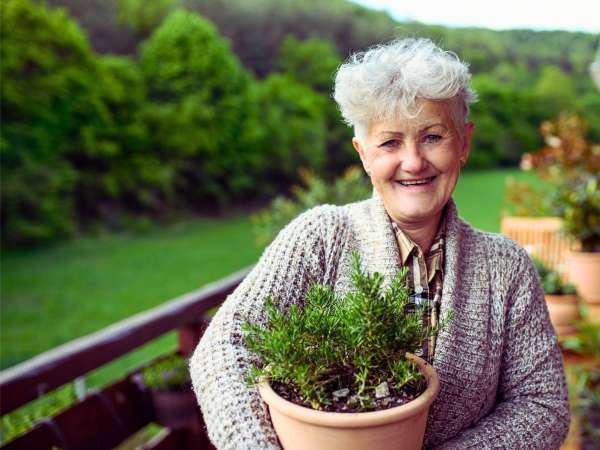
Stress Relief and Relaxation
Gardening is a soothing activity that can help reduce stress and promote relaxation. The repetitive tasks of gardening, such as weeding or watering, can have a meditative effect, helping to calm the mind and reduce anxiety. The natural surroundings and the act of nurturing plants provide a sense of peace and contentment, contributing to overall mental well-being.
Cognitive Function Improvement
Organic gardening requires planning, problem-solving, and critical thinking, which can help keep the brain active and engaged. For seniors, engaging in mentally stimulating activities like gardening can help slow down cognitive decline, improve memory, and maintain sharpness of mind. The variety of tasks involved in gardening can also help improve focus and concentration.
Sense of Accomplishment
The process of planting seeds, nurturing plants, and witnessing their growth can provide a great sense of accomplishment. This feeling of achievement can boost self-esteem and provide a positive outlook on life. For seniors, having a purposeful and productive activity like gardening can enhance their sense of self-worth and fulfillment.
Emotional Health Benefits
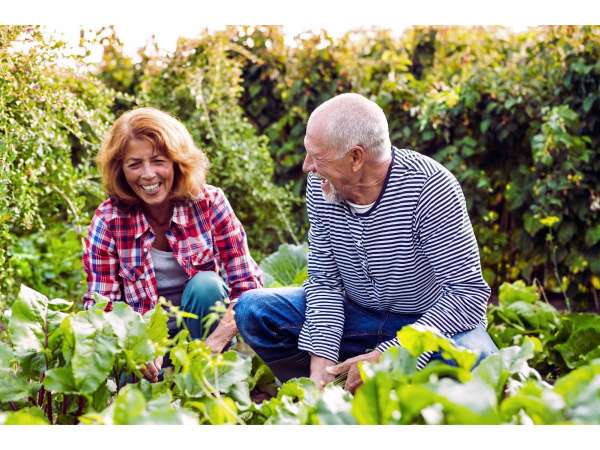
Connection with Nature
Gardening allows seniors to connect with nature, which can have a profound impact on emotional health. The natural environment provides a serene and calming atmosphere that can help alleviate feelings of loneliness and depression. The beauty of plants and flowers, along with the fresh air, can elevate mood and promote a sense of well-being.
Social Interaction
Gardening can also provide opportunities for social interaction. Community gardens, gardening clubs, and group activities offer a platform for seniors to meet new people, share experiences, and build friendships. Social connections are vital for emotional health, reducing feelings of isolation and providing a support network.
Sense of Purpose
For many seniors, retirement can lead to a loss of purpose and direction. Gardening provides a meaningful activity that offers a sense of purpose and responsibility. Taking care of plants and watching them grow can instill a sense of routine and achievement, contributing to a more fulfilling and satisfied life.
Practical Tips for Seniors
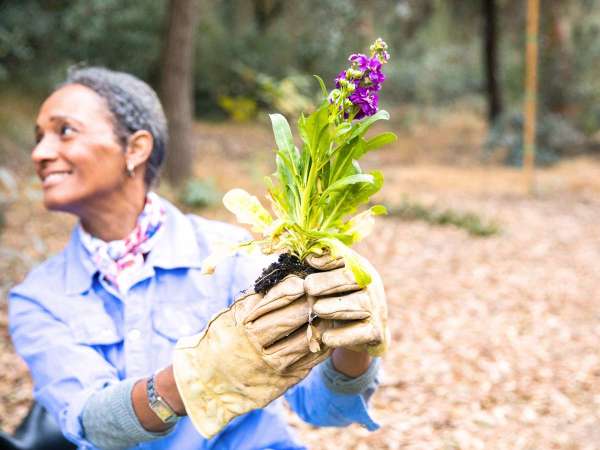
Start Small
For seniors new to gardening, it’s advisable to start small. Begin with a few potted plants or a small garden bed. This allows for easier management and helps prevent feeling overwhelmed.
Use Ergonomic Tools
Investing in ergonomic gardening tools can make gardening more comfortable and reduce the risk of strain or injury. Tools with cushioned handles, lightweight materials, and long handles can make tasks easier to perform.
Create Raised Beds
Raised garden beds can reduce the need for bending and kneeling, making gardening more accessible for seniors with mobility issues. These beds can be built at a height that is comfortable for standing or sitting, reducing physical strain.
Stay Hydrated and Take Breaks
Gardening can be physically demanding, so it’s important for seniors to stay hydrated and take regular breaks. Avoid gardening during the hottest part of the day and listen to the body’s signals to prevent overexertion.
Choosing the Right Plants
Easy-to-Grow Vegetables
For seniors, choosing easy-to-grow vegetables can make gardening more enjoyable and rewarding. Vegetables such as lettuce, tomatoes, radishes, and beans are relatively low-maintenance and provide a quick harvest.
Perennial Plants
Perennial plants, which come back year after year, can reduce the amount of work required in the garden. Flowers like daylilies, coneflowers, and hostas, or herbs like rosemary and thyme, are excellent choices for low-maintenance gardening.
Native Plants
Native plants are adapted to the local climate and soil conditions, making them easier to grow and maintain. They are also beneficial for local wildlife and ecosystems, providing a sense of contribution to environmental conservation.
Conclusion
Organic gardening offers a multitude of health and well-being benefits for seniors. It promotes physical fitness, enhances mental clarity, and provides emotional satisfaction. By engaging in this rewarding activity, seniors can improve their overall quality of life and enjoy a more fulfilling and healthy lifestyle. Whether starting small or joining a community garden, the joys and benefits of gardening are within reach for every senior. Embrace the wonders of organic gardening and reap the holistic rewards it brings to the golden years.
FAQs About How Organic Gardening Can Benefit Seniors’ Health and Well-Being
What are the physical health benefits of organic gardening for seniors?
Organic gardening offers various physical health benefits for seniors, including improved cardiovascular health, enhanced strength and flexibility, and a better immune system. Activities such as digging, planting, and weeding provide moderate exercise that can help reduce the risk of heart diseases, maintain muscle strength, and promote better joint flexibility.
How does gardening improve mental health for seniors?
Gardening helps improve mental health by providing stress relief and relaxation, improving cognitive function, and giving a sense of accomplishment. The repetitive and soothing tasks involved in gardening can have a meditative effect, reducing anxiety and promoting calmness. Additionally, the mental stimulation from planning and problem-solving in gardening can keep the brain active and engaged.
Can organic gardening help with emotional well-being for seniors?
Yes, organic gardening can significantly enhance emotional well-being for seniors. It provides a connection with nature, which can alleviate feelings of loneliness and depression. Gardening also offers opportunities for social interaction through community gardens and gardening clubs, helping to reduce isolation and build friendships. The sense of purpose and routine that gardening provides can contribute to a more fulfilling life.
What are some practical tips for seniors who want to start gardening?
Seniors should start small, perhaps with a few potted plants or a small garden bed, to avoid feeling overwhelmed. Using ergonomic gardening tools can make tasks easier and reduce the risk of strain or injury. Raised garden beds can help seniors with mobility issues by reducing the need for bending and kneeling. Staying hydrated and taking regular breaks are also important to prevent overexertion.
What types of plants are best for seniors to grow in their gardens?
Easy-to-grow vegetables like lettuce, tomatoes, radishes, and beans are great for seniors as they require low maintenance and provide quick harvests. Perennial plants, which return year after year, can reduce the workload in the garden. Native plants are also a good choice as they are adapted to local conditions and require less care. Examples include daylilies, coneflowers, and herbs like rosemary and thyme.
